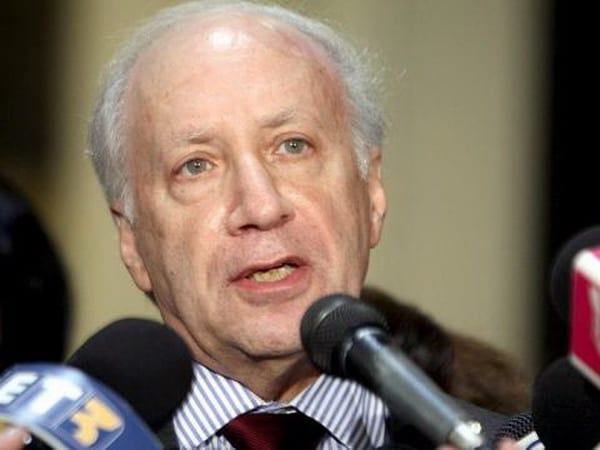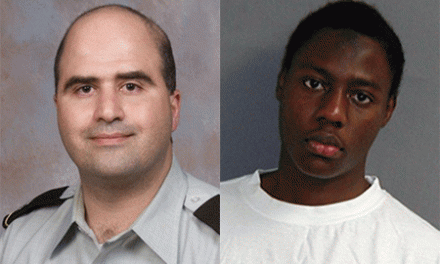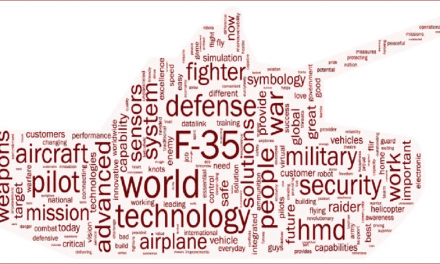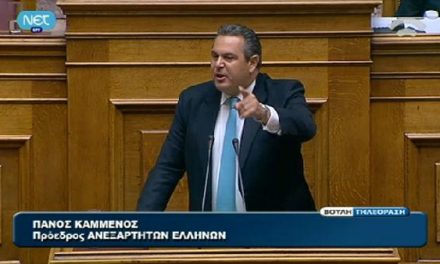After three years of stalemate, Skopje and Athens are rebooting UN-sponsored talks on their dispute over Macedonia’s name, which has been holding up the country’s Euro-Atlantic integration process.
By Sinisa Jakov Marusic, BIRN
The fresh round of talks in Brussels on Monday and Tuesday on the long-standing name dispute comes amid a recent improvement of relations between neighbouring Greece and Macedonia, which has sparked increased optimism in Brussels and Washington for an early breakthrough.
“The meeting is part of the United Nations’ efforts to assist the sides in finding a mutually acceptable solution to the name issue,” the office of the UN mediator in the dispute, Matthew Nimetz, said in a press release.
As part of the renewed effort on Monday and Tuesday, Nimetz is to meet with Macedonian negotiator Vasko Naumovski and his Greek counterpart, Adamantios Vasilakis, both of whom will be accompanied by representatives of their foreign ministries.
The dispute centres on Greece’s insistence that use of the word ‘Macedonia’ implies a territorial claim to the northern Greek province of the same name.
As a result, in 2008, Greece blocked Macedonia’s NATO entry and has also continued blocking the start of Macedonia’s EU accession talks despite several positive annual reports from the European Commission on the country’s progress.
It is not yet clear whether Nimetz will immediately come out with a fresh name proposal for Macedonia during the new talks or revive some old proposals.
These could include geographical references like Northern Macedonia, Upper Macedonia or the Republic of Macedonia (Skopje) in order to make a distinction between the country and the Greek province.
Gerald Knaus, the head of the European Stability Initiative think tank, said that for the talks to be successful, it is crucial to immediately focus solely on finding a mutually acceptable name with a geographical qualifier for international use.
This would allow Greece to unlock Macedonia’s Euro-Atlantic integration process for next year but would only come into full effect once Macedonia finally joins the EU, Knaus said in an interview with Macedonia’s NOVA TV.
It would ensure that “both sides have guarantees that if the other side goes off the path of reconciliation, they have not lost anything, and create a dynamic where both sides want to work together”, he said.
The UN-sponsored talks have effectively been frozen for three years. The last round was held in New York in November 2014.
The stalemate was partly due to the political crisis that engulfed Macedonia in 2015 and ended only recently with the election of a new government under Prime Minister Zoran Zaev.



















